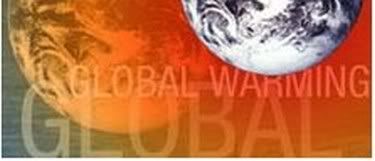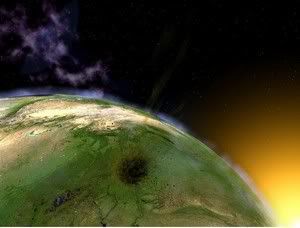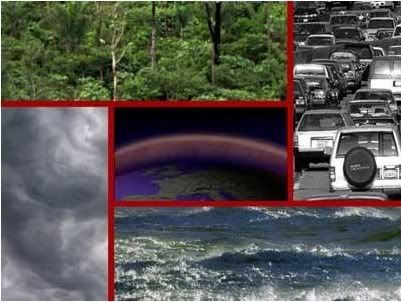By Marc Sheppard
Mounting evidence of lower temperature trends despite rising atmospheric CO2 levels is becoming a real problem for the greenhouse gas crowd. And reports that the cooling appears to follow a period of dormant solar activity aren't likely to ease their anxieties.
Indeed, without an immediate alarmist course correction, years of 'the science is settled' campaigning could prove for naught, as prolonged temperature dips decimate the primary anthropogenic argument. After all, Lord Gore has shouted the IPCC's proclamation of a 0.3°C warming over the next decade from virtually every rooftop. Given new data projecting the contrary, he and his green hordes will need to find a way to not only explain the error, but keep the AGW dream alive.
And perhaps they have.
On April 21st, NASA's Jet Propulsion Laboratory confirmed that an impending phase shift in a natural climate event would likely bring colder temperatures for as many as the next 20-30 years, noting that:
'The shift in the Pacific Decadal Oscillation, with its widespread Pacific Ocean temperature changes, will have significant implications for global climate. It can affect Pacific and Atlantic hurricane activity, droughts and flooding around the Pacific basin, marine eco"




No comments:
Post a Comment